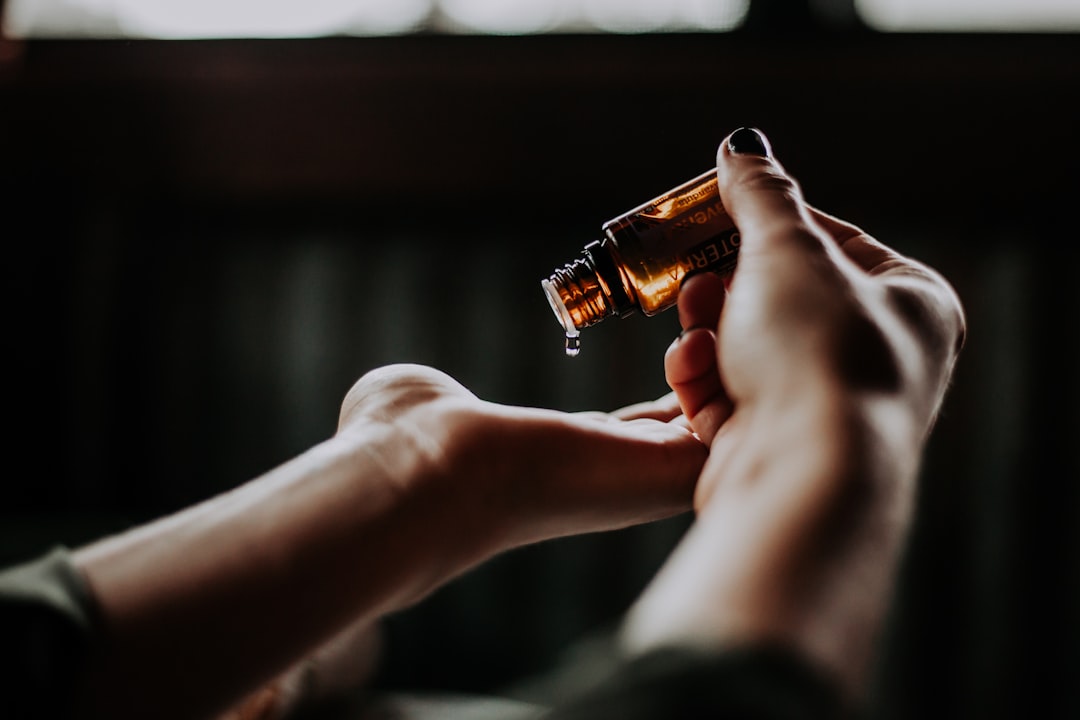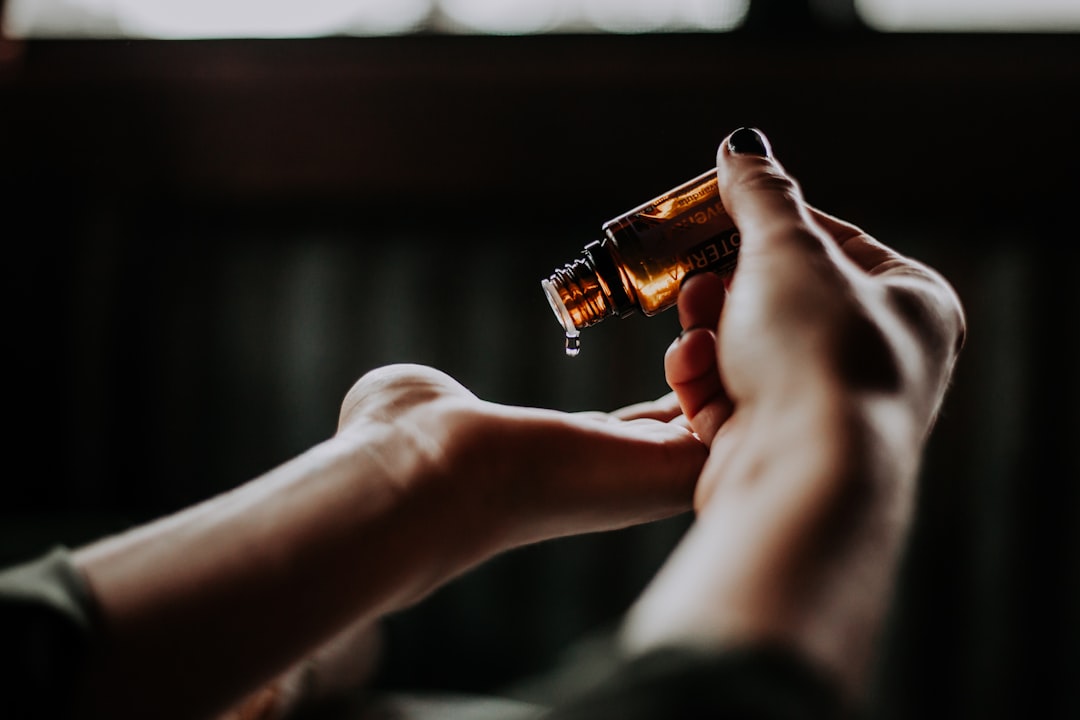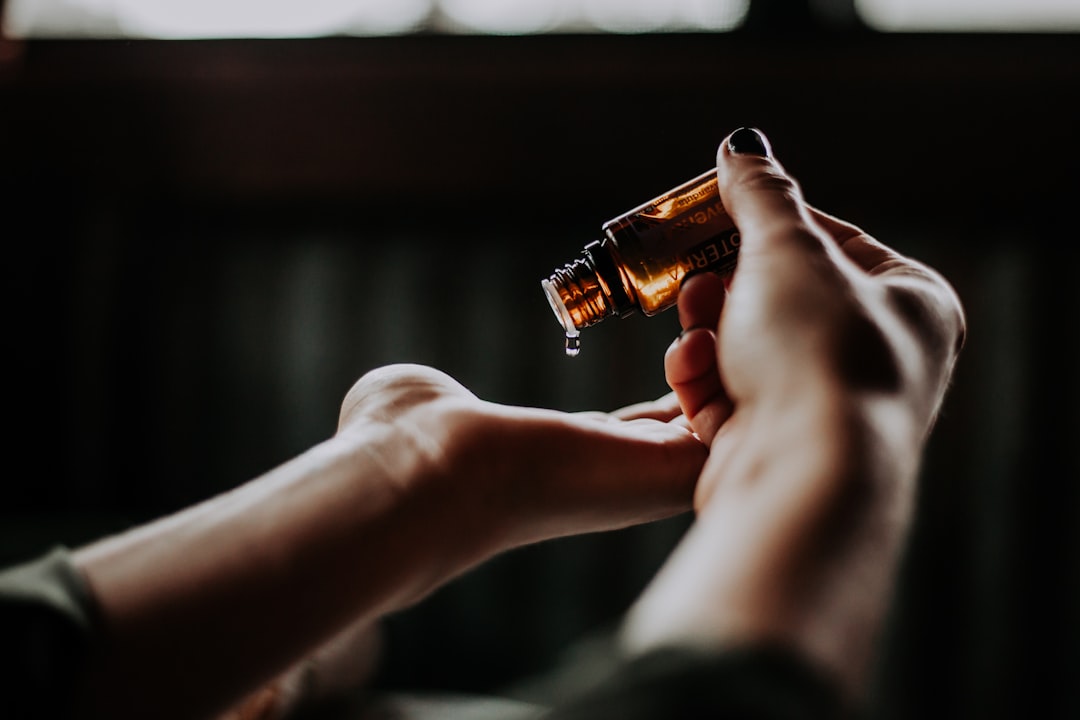In spa settings, recognizing and addressing trauma requires medical professionals to identify physical and psychological cues through open-ended questioning, structured interviews, and specialized assessment tools. Victims of spa incidents like massage abuse face complex legal implications, including personal injury, assault, and negligence claims. A massage abuse law firm in Texas guides victims through this process, offering expert advice on filing claims and pursuing justice. Collaboration between medical professionals and spa operators is crucial to prevent trauma; robust safety protocols, staff training, regular inspections, adherence to regulations, and clear reporting systems minimize risks and create a client-centric environment.
In the tranquil setting of spas, unexpected trauma can arise, demanding swift and competent assessment by medical professionals. This article delves into the crucial role healthcare providers play in recognizing and addressing trauma stemming from spa incidents. From identifying subtle indicators to implementing preventive measures, we explore best practices. Additionally, we scrutinize the legal implications, highlighting the vital support offered by massage abuse law firms, such as those in Texas, for victims navigating complex post-trauma journeys.
Recognizing Trauma in Spa Settings: Indicators and Assessment Techniques for Medical Professionals

In spa settings, recognizing trauma can be nuanced due to the often relaxing and rejuvenating environment. However, medical professionals must be adept at identifying signs of distress that may indicate past or current trauma, especially in cases involving massage abuse law firm Texas. Indicators can range from physical symptoms like muscle tension, headaches, or chronic pain to psychological cues such as heightened anxiety, flashbacks, or sudden mood changes. Assessing these subtle signals requires a combination of open-ended questioning, structured interviews, and specialized tools designed for trauma assessment.
Trained professionals should employ techniques that foster a safe, non-judgmental space for clients to share their experiences. This may include asking about past incidents, exploring current stressors, and assessing the client’s overall well-being. By integrating these practices, medical professionals can better understand the complexities of trauma within spa contexts, ensuring comprehensive care tailored to the unique needs of affected individuals.
Legal Implications and the Role of Massage Abuse Law Firm Texas in Supporting Victims

In the event of trauma stemming from spa incidents, such as massage abuse, understanding the legal implications is paramount. Victims may face a complex web of rights and responsibilities, especially when navigating potential civil or criminal charges related to the incident. A massage abuse law firm Texas, for instance, plays a crucial role in guiding victims through this challenging period. These legal professionals specialize in handling cases involving personal injury, assault, and negligence within the spa industry. They offer expert advice on filing claims, understanding insurance coverage, and pursuing justice against negligent or abusive practitioners.
Texas, with its robust legal framework, provides specific protections for individuals harmed by massage abuse. A reputable massage abuse law firm Texas ensures victims receive the support they need to exercise their legal rights effectively. This includes assisting in gathering evidence, documenting injuries, and coordinating with medical professionals to establish a clear case of malpractice or assault. By leveraging knowledge of local laws and regulations, these firms help restore justice and security for those affected by traumatic spa experiences.
Preventive Measures and Protocols to Ensure Safe Spa Experiences

Spa incidents, ranging from massage abuse to chemical burns, can have severe physical and emotional consequences for clients. Preventing such traumas is paramount, making it crucial for medical professionals and spa operators to collaborate on establishing robust safety protocols. This includes mandatory staff training on first aid, emergency response procedures, and recognition of potential red flags indicative of client mistreatment. Regular facility inspections and adherence to health and safety regulations are essential components of a comprehensive prevention strategy.
Additionally, promoting open communication channels allows clients to voice concerns or report incidents promptly. Implementing clear reporting systems and ensuring the availability of support services, such as those offered by massage abuse law firms in Texas, can aid in addressing potential issues swiftly. By integrating these preventive measures and protocols, spas can foster an environment that prioritizes client safety, thereby minimizing the likelihood of traumatic experiences.






